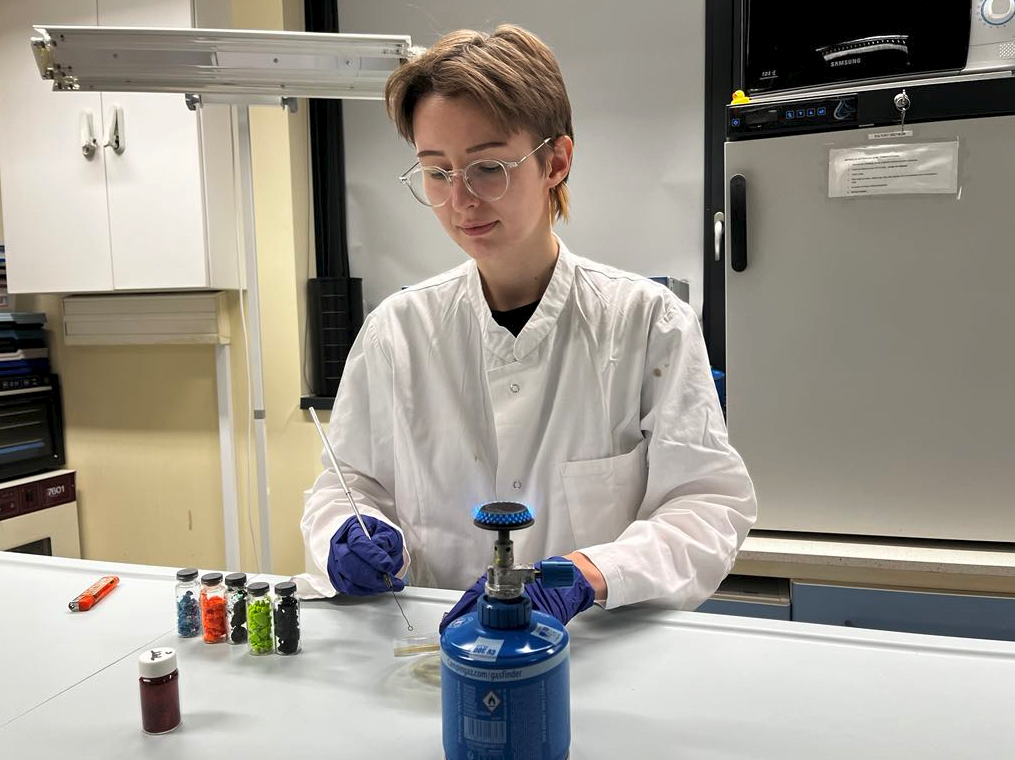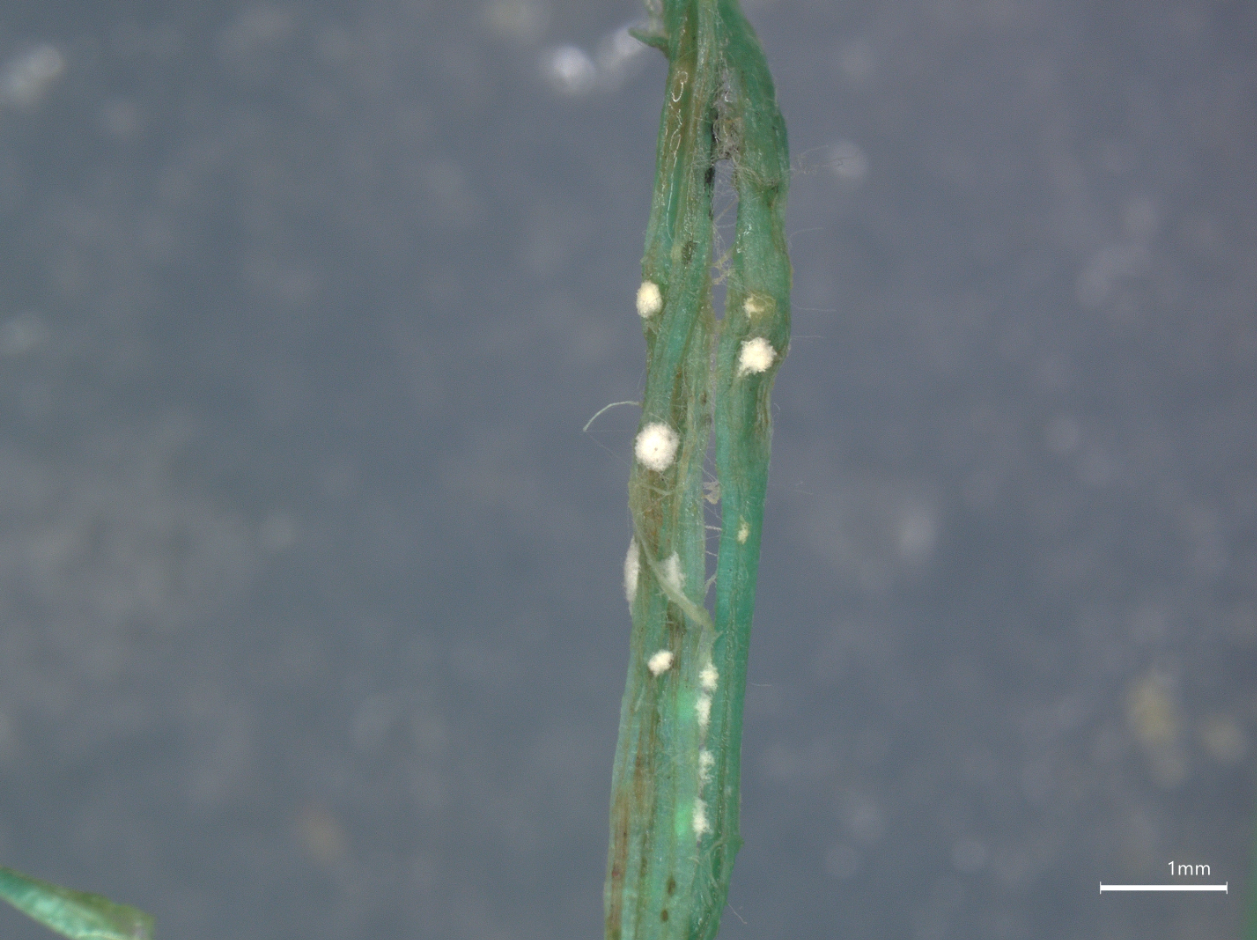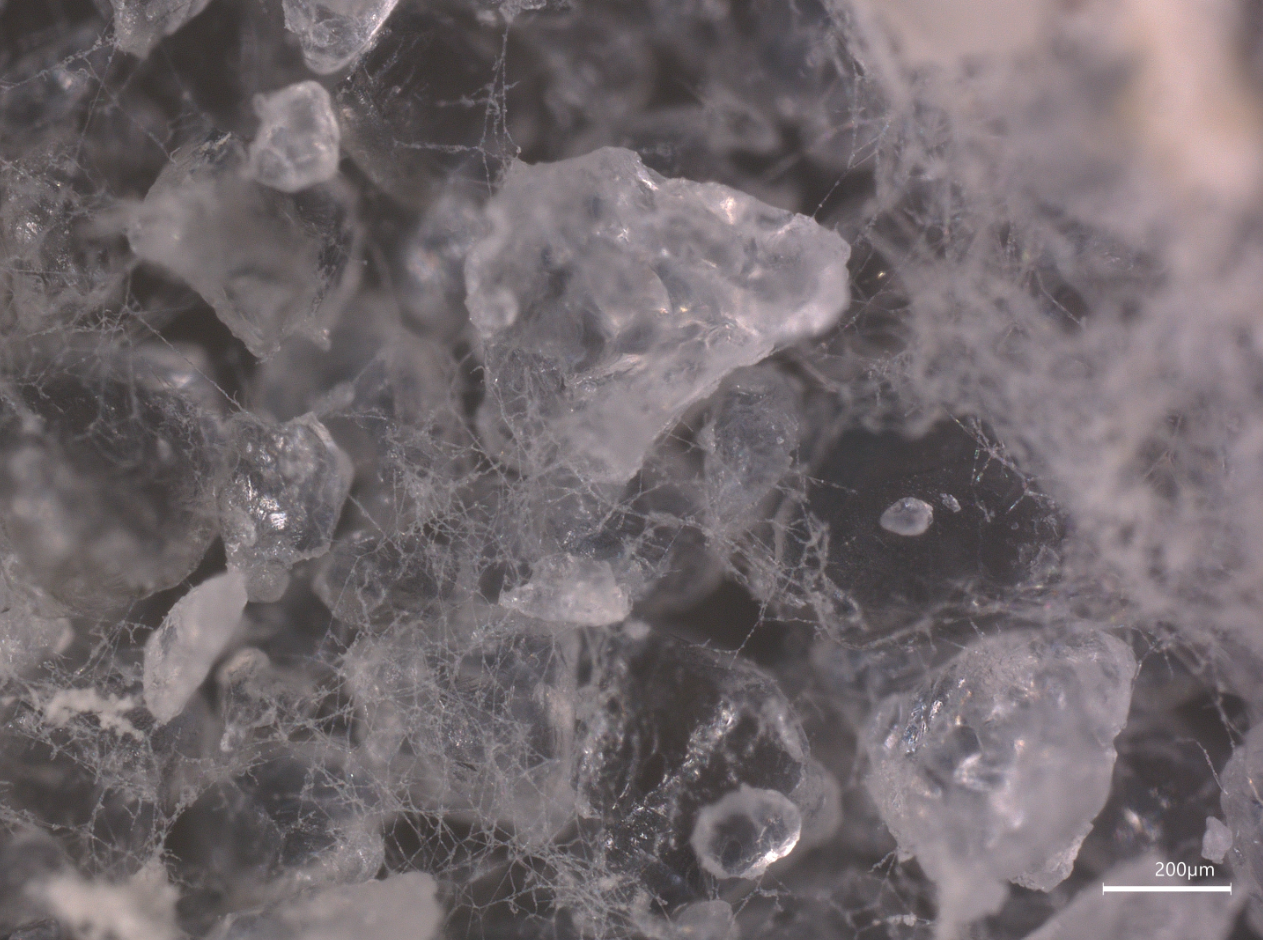Arctic Fungi and Their Role in Plastic Breakdown


The global annual production of plastics exceeds 350 million tons, and microplastic pollution has become one of the most pressing contemporary issues. Research into plastic degradation, including biodegradation—using organisms or substances they produce for decomposition—is gaining increasing attention. A particularly intriguing group in this context is fungi, known for their production of diverse enzymes and ability to adhere to plastic surfaces. Some fungal species are already recognized for their capacity to break down synthetic materials.
The goal of this project is to characterize the Arctic plastisphere, specifically the mycobiome of plastic waste from the Arctic coastline, using both cultivation and metagenomic methods. The project will also examine the ability of Arctic fungal isolates to degrade plastics, while transcriptomic methods will aim to identify the enzymes involved in this process.



The project is funded by state budget funds granted by the Minister of Science under the “Pearls of Science II” program (Poland), PN/02/0043/2023, duration 2025-2028